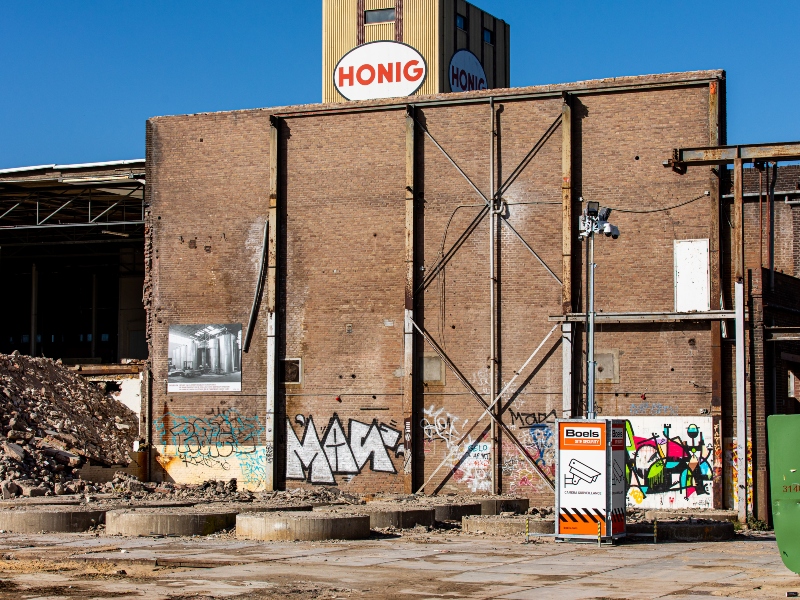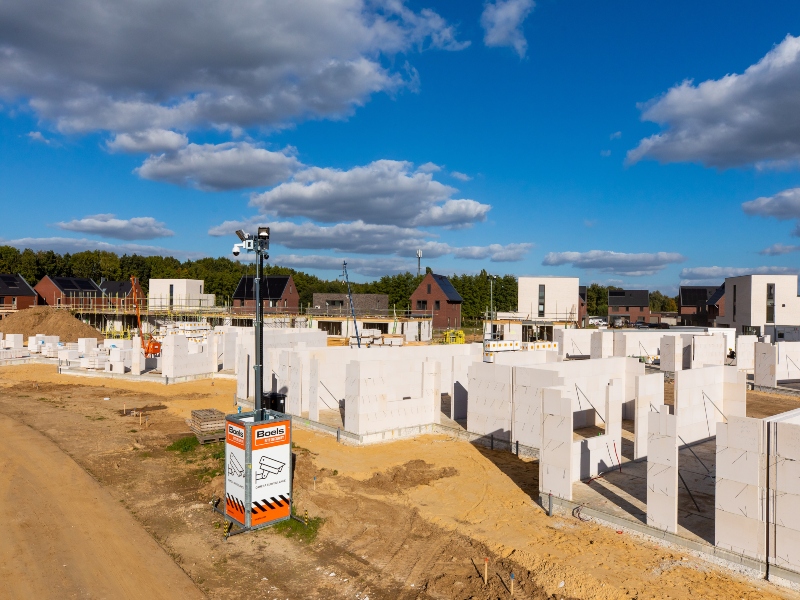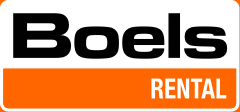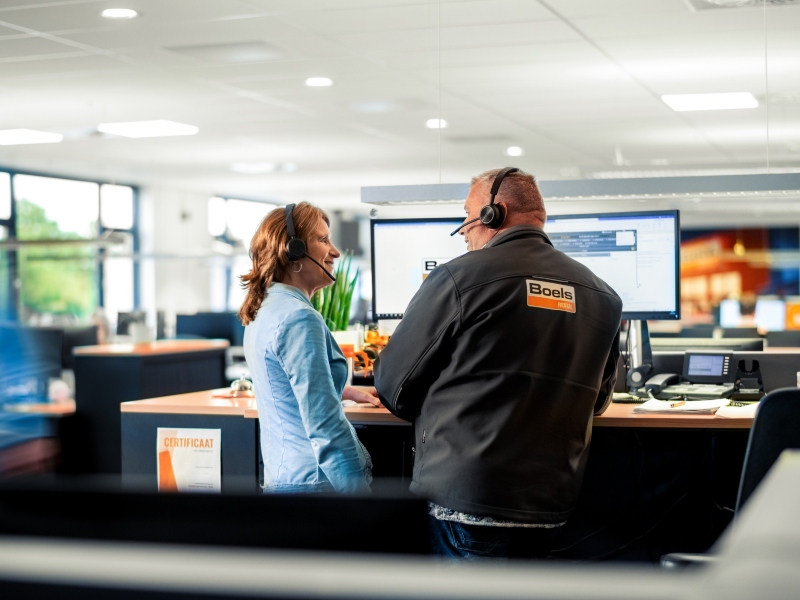Break-ins, theft and vandalism can cost you thousands of pounds in loss. They can also throw you off schedule, put pressure on your team and turn once reasonable clients into nitpickers. And if your insurer doesn’t cover the damage, things can get a lot worse. How can you prevent setbacks like this?
You arrive on site in the morning to find a nasty surprise: your valuable excavator or Bobcat has vanished. Or you discover that someone’s made off with your expensive laser spirit level or diamond drill – the very tools you needed today. You start calculating damages: it’s hundreds, if not thousands of pounds.
Besides that direct loss, you’ll need to deal with lost time, unforeseen costs and colleagues stressing about work they can’t complete – all while deadlines loom ever closer. Your client may start micromanaging your project, exacerbating an already tense situation.

Your insurer has you covered, right?
Your insurance might cover damages, but any pay-out will be subject to you having had appropriate security measures in place. If not, there’s a big risk your insurer might reduce your claim for damages or pay nothing at all. If the stolen property wasn’t secured according to requirements, your insurer may award a lower payout on the basis of negligence. Some insurers may even deny your claim if you didn’t take appropriate security measures.
The necessity of a prudent security plan
If you’re a project manager, you can’t afford to cut corners on security – no ifs, no buts. The effort of implementing relatively simple solutions outweighs the costs of direct loss and consequential loss due to burglary, theft or vandalism. These solutions could be solid fencing, access control, good-quality site lighting, security cameras, surveillance or tagging expensive machinery and tools.
But how do you know which security measures your site needs? The answer is simple: a good security plan. It can help you to take stock and evaluate the risks of burglary, theft or vandalism and implement appropriate measures to prevent them.
Roy Keunen, manager at Boels Security, explains, “Every project is unique in terms of its location, scope and the value of equipment and tools. Your security measures should reflect those site-specific circumstances and risks. Besides being essential to minimising the risk of burglary and theft, they also increase the chances of catching offenders.”

How to secure your site
Start with a thorough safety check. By identifying the risks on your site, you’ll know which security measures to take.
- Which areas are particularly vulnerable to break-ins?
- Does your site have blind spots that need extra attention?
- How can you stop unauthorised outsiders from getting their hands on your valuable equipment?
Finding answers to these questions will save you a whole lot of trouble. By writing a security plan as a matter of priority and taking the right measures, you’ll avoid delays and unnecessary expenses. No matter the size of your site, the point remains: forgoing proper security leaves you exposed to nasty surprises.

A bespoke security plan for your project
Here at Boels, we understand that no two projects are the same. That’s why we don’t offer one-size-fits-all solutions. Instead, we work together with you to write a security plan that’s tailored to your situation. We have a large range of security solutions, including mobile camera towers and smart access control systems. Our extensive experience means we can pinpoint the measures you need for guaranteed security and work efficiency.

